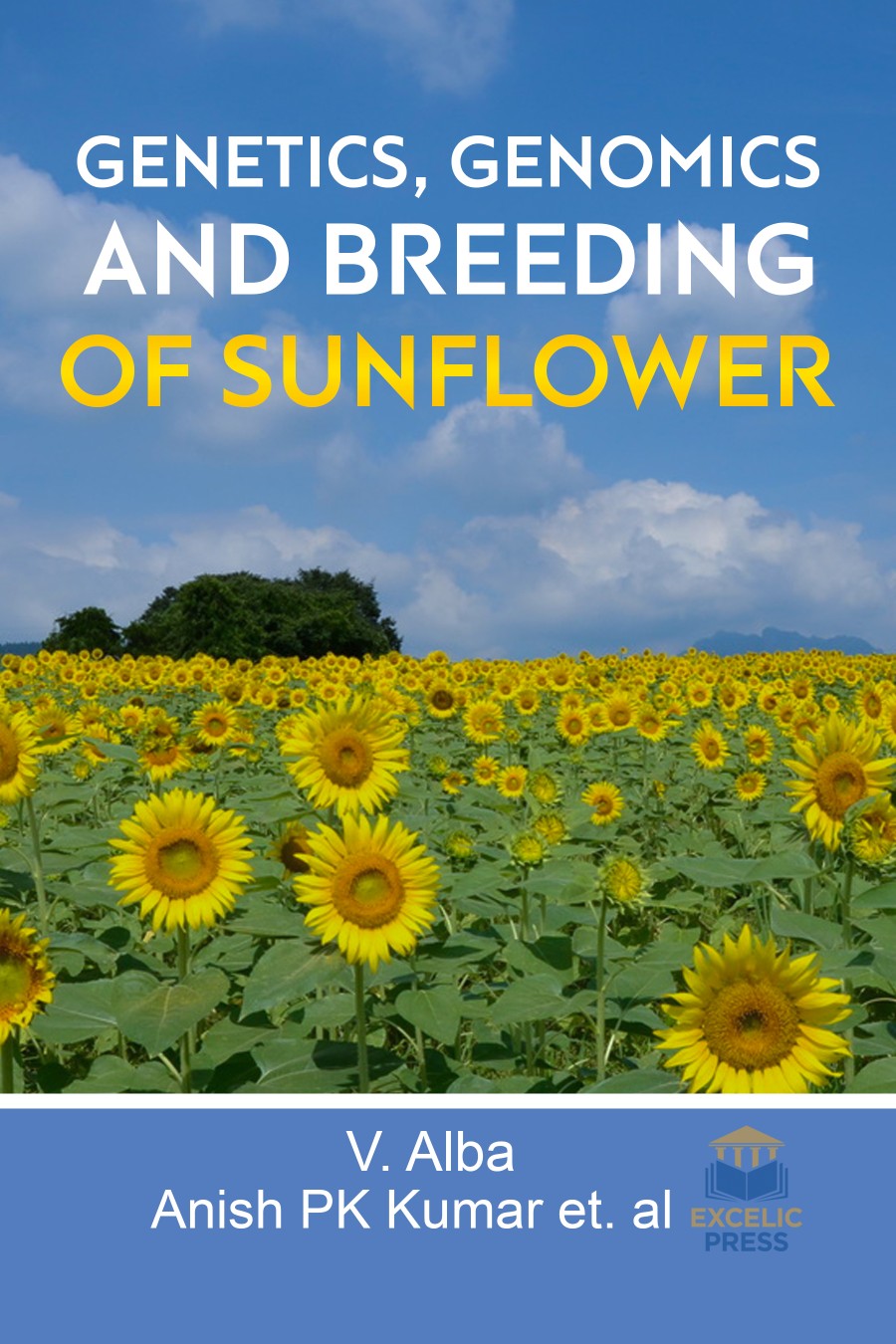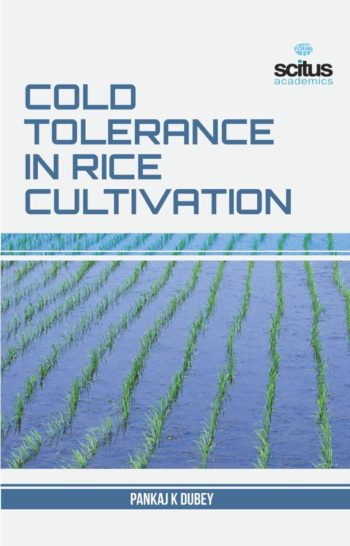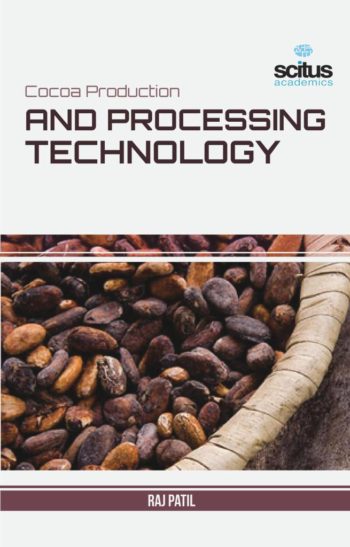Long a major focus of genetic research and breeding, sunflowers (Helianthus) are evolving as a gradually important experimental system for ecological and evolutionary studies. Sunflower is one of the world’s leading oilseed crops. Sunflower oil ranks second only to soybean oil in world vegetable oil production. Its high ratio of polyunsaturated fatty acids and its good stability characteristics make sunflower oil highly attractive for use as cooking oil or in salad oils and margarine. Whole sunflower kernels and high protein sunflower meal can be incorporated into human food formulations. There has been an explosion of information on genetic markers, DNA sequences, and genomic resources for most major food crops including sunflower.
Genetics, Genomics and Breeding of Sunflower is intended to bridge traditional research with modern molecular investigations on sunflower. In the last few years, advancements in genotyping and sequencing technologies allowed the development of increasingly dense genetic and physical maps, enabling the development of new breeding strategies based on molecular markers, like QTL mapping, association mapping and genomic selection. The need to increase efficiency and precision has motivated the application of marker assisted selection (MAS) in sunflower breeding programs.
This book will review the different genomic breeding approaches that are currently used to improve sunflower tolerance to biotic and abiotic stresses, increase oil quality and enhance agronomic yield associated traits in order to reduce the gap between potential and actual sunflower production in the present cultivated sunflower area and under global weather changing conditions that negatively impact on it. An overview of the state of the art on sunflower genomics is presented and the potential of high throughput sequencing and genotyping technologies for crop breeding is discussed. Some of the key evolutionary, genetic and ecological questions being addressed in sunflowers, as well as gaps in our knowledge and promising areas for future research are addressed.













